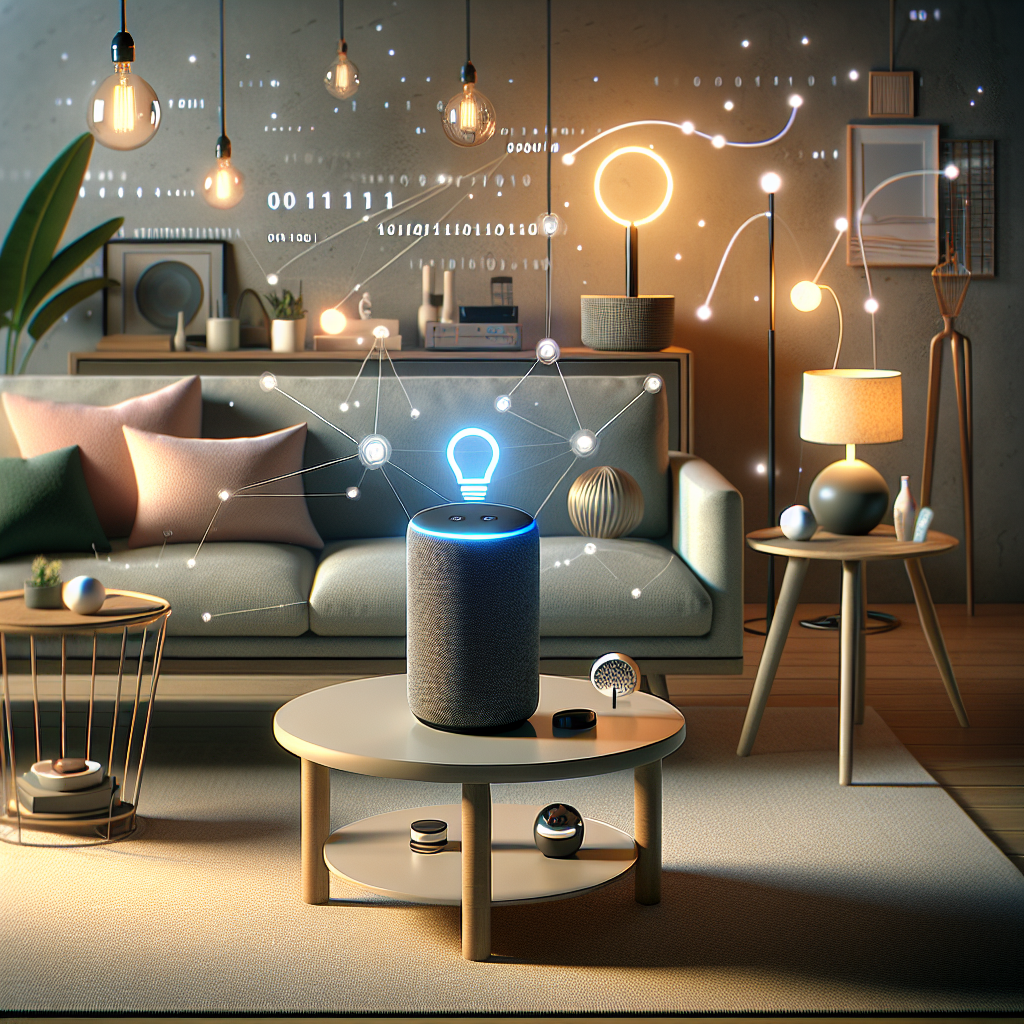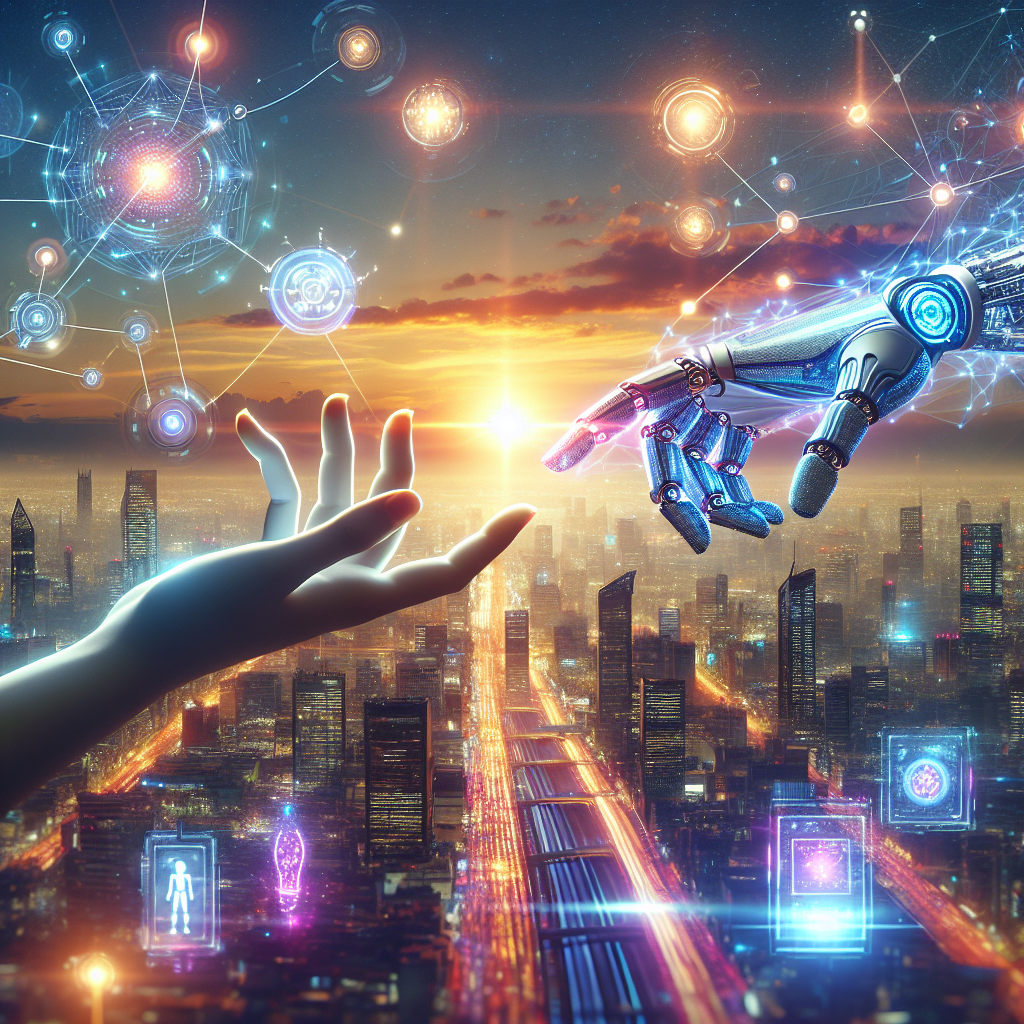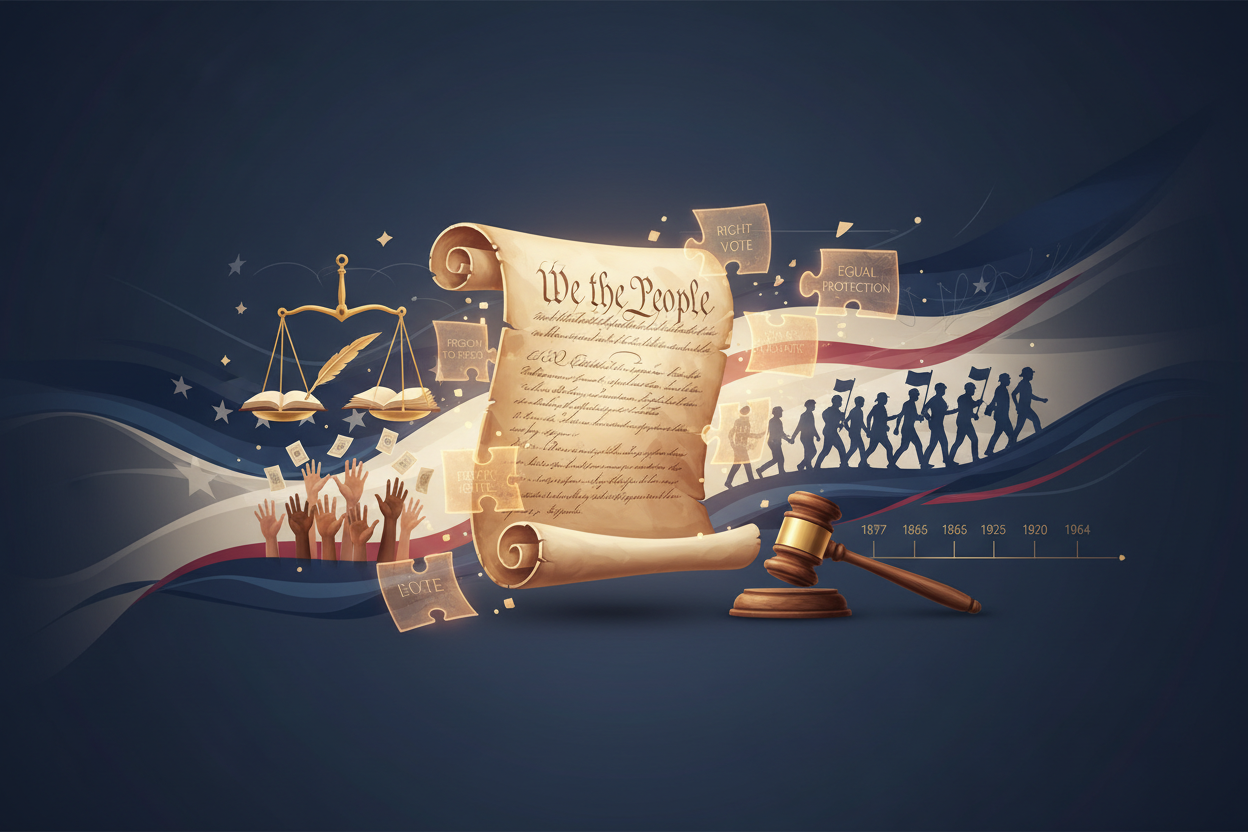The Impact of AI on Modern Technology: What the Future Holds
Artificial Intelligence (AI) has rapidly evolved from a futuristic concept to an integral part of our daily lives. From voice-activated assistants to self-driving cars, AI is transforming the way we interact with technology. But what does the future hold for AI and its impact on modern technology? In this blog post, we will explore the current state of AI, its influence on various industries, and the potential future developments that could redefine our world.
The Current State of AI
AI technology has made significant strides in recent years. Machine learning algorithms and deep learning networks have become more sophisticated, enabling computers to perform tasks that were once thought to be the exclusive domain of humans. These tasks include recognizing speech, understanding natural language, and even driving vehicles.

One of the most visible manifestations of AI today is the proliferation of smart home devices. Gadgets like Amazon’s Alexa, Google Home, and Apple’s Siri have brought AI into our homes, making it easier to control everything from lighting to music with simple voice commands. AI’s ability to learn from user interactions means these devices are becoming more adept at understanding and predicting our needs.
AI’s Influence on Industries
AI is not just a consumer convenience; it’s a powerful tool reshaping entire industries. Let’s take a closer look at how AI is influencing several key sectors:
Healthcare
In healthcare, AI is being used to analyze medical data, assist in diagnostics, and even predict patient outcomes. AI-powered tools can process vast amounts of data quickly, enabling doctors to make more informed decisions. For instance, AI algorithms can detect patterns in medical images, helping radiologists identify potential issues that might be missed by the human eye.
Automotive
The automotive industry is undergoing a transformation thanks to AI. Self-driving cars are no longer a distant dream but a reality being tested on roads worldwide. AI systems in these vehicles are designed to understand and respond to complex traffic situations, making transportation safer and more efficient.
Finance
AI plays a crucial role in the finance sector by enhancing security, improving customer experiences, and automating routine processes. Algorithms can detect fraudulent activities in real-time, while chatbots provide customer support 24/7. Furthermore, AI-driven investment platforms offer personalized financial advice based on individual user data.
Challenges and Ethical Considerations
While the benefits of AI are undeniable, there are also significant challenges and ethical considerations. Privacy concerns are paramount, as AI systems often require access to large amounts of personal data. Ensuring that this data is protected and used responsibly is crucial.
Moreover, the potential for AI to disrupt job markets cannot be ignored. As machines become capable of performing tasks traditionally done by humans, there is a risk of job displacement. However, history shows us that technological advancements often lead to the creation of new jobs and industries, and AI might not be an exception.
The Future of AI
Looking ahead, the future of AI is both exciting and uncertain. As AI technology continues to evolve, we can expect even more profound changes in our daily lives and industries.
AI and Personalization
In the future, AI is expected to offer unprecedented levels of personalization. From tailored marketing strategies to customized healthcare plans, AI will be able to cater to individual preferences and needs with greater precision.
AI and Sustainability
AI could also play a significant role in addressing global challenges such as climate change. By optimizing energy consumption and improving resource management, AI technologies have the potential to support sustainable development efforts across the globe.
AI in Education
Education is another area where AI could make a substantial impact. AI-driven platforms can provide personalized learning experiences, adapting to the pace and style of each student. This could revolutionize the way we approach education, making it more accessible and effective for learners worldwide.
Conclusion
AI is undeniably changing the landscape of modern technology, offering incredible opportunities for innovation and growth. However, as we embrace these advancements, it’s crucial to address the ethical challenges and ensure that AI is developed and used responsibly. By doing so, we can harness the power of AI to create a future that benefits everyone.
FAQs
Q: What is AI?
A: AI, or Artificial Intelligence, refers to computer systems designed to perform tasks that typically require human intelligence, such as visual perception, speech recognition, decision-making, and language translation.
Q: How is AI used in everyday life?
A: AI is used in various everyday applications, including virtual assistants like Siri and Alexa, recommendation systems on streaming platforms, and smart home devices that automate household tasks.
Q: What are the ethical concerns surrounding AI?
A: Ethical concerns regarding AI include privacy issues, data security, and the potential for job displacement. There are also concerns about the fairness and bias in AI decision-making processes.
Q: How will AI impact the job market?
A: While AI may automate some jobs, it is also expected to create new opportunities in tech development, AI maintenance, and other emerging sectors. The key challenge will be ensuring that workers are equipped with the skills needed for these new roles.





Leave a Reply
You must be logged in to post a comment.